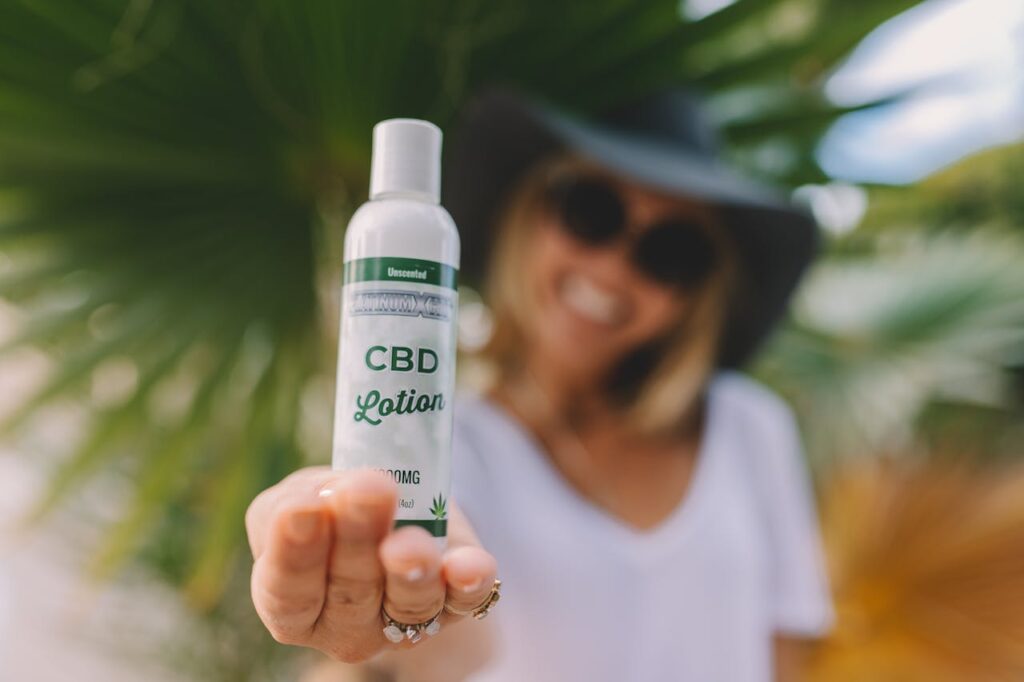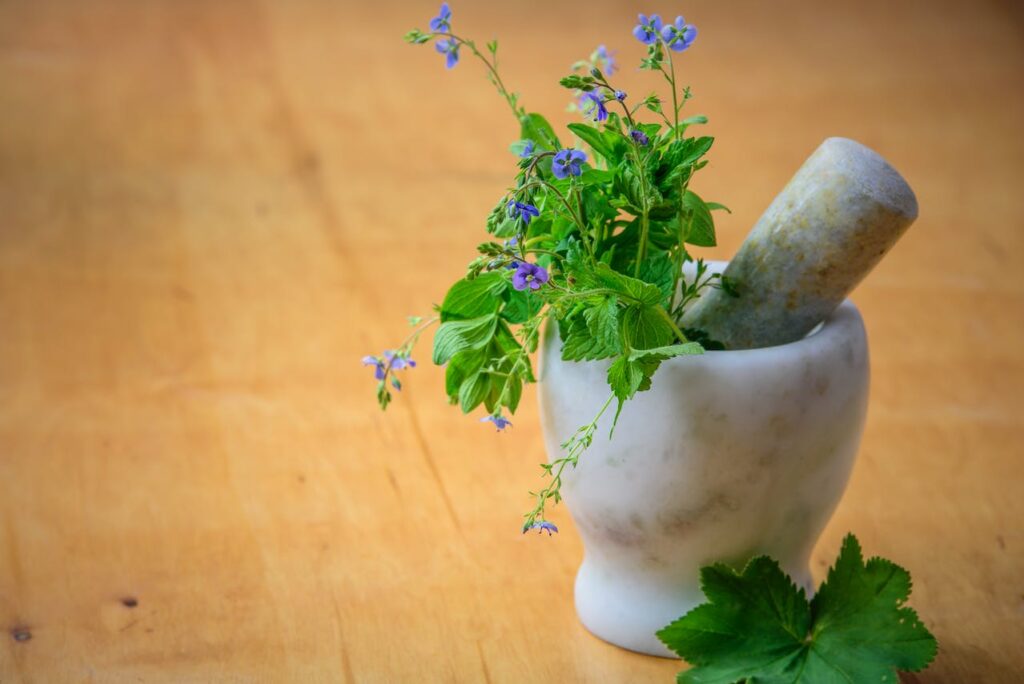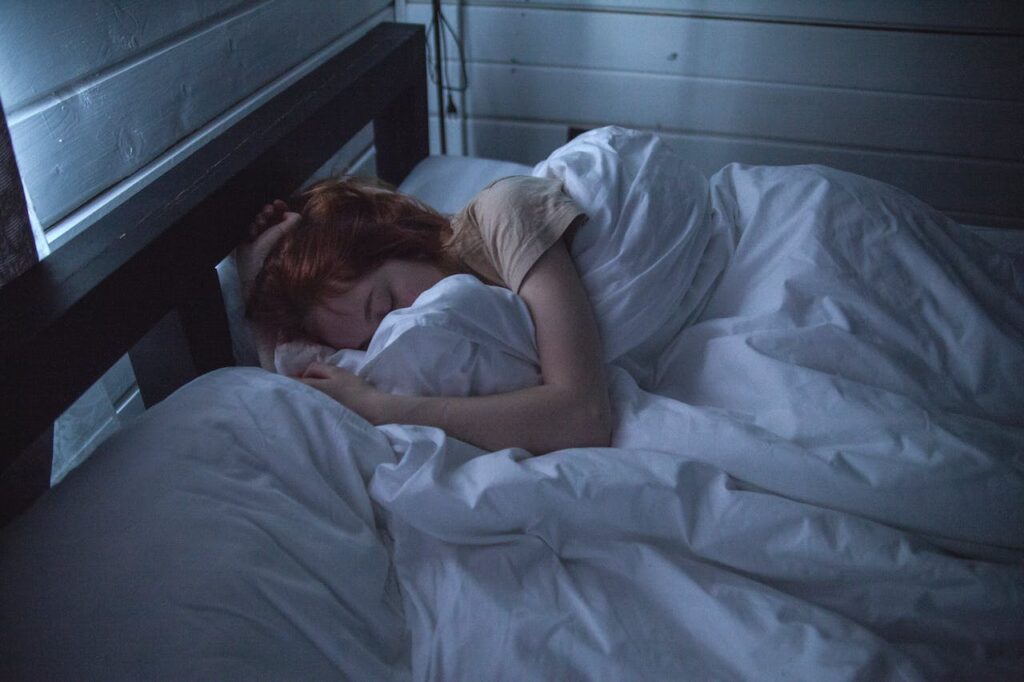It goes without saying that getting enough sleep is essential for daily functioning. Sleep improves memory and recall, fortifies the immune system, strengthens the heart, heals muscle, and even improves mental health. Even though sleep is crucial for maintaining our general health, one-third of adults experience symptoms of insomnia. And if you’re one of them, it could occasionally seem impossible to get the crucial sleep. Not even the tried-and-true methods, like reading in a place other than your bedroom and keeping your eyes away from blue light, work every time. Lack of sleep quickly transforms you into an irritable, confused, and unhealthy version of yourself.
Melatonin pills are frequently suggested as a natural remedy for sleep disturbance when searching online. Here are seven natural sleep aids and practices you can attempt to help ease your insomnia if you’re sceptical about sleep supplements, have experienced the adverse effects, or would just rather not take any drugs that can make you foggy in the morning.
See the best foods to consume before bed, how to take a coffee nap, and how to make the ideal sleep soundtrack for additional advice on improving sleep.
Apply CBD lotions, gummies, or oils.
Cannabidiol, or CBD, is extracted from hemp plants. With virtually no THC (the psychoactive ingredient in marijuana), CBD is a safe and efficient treatment for sleeplessness. Numerous studies indicate that CBD is highly successful in encouraging sleep and lowering anxiety. It is available in several forms, including oils and lotions. Use right before bed to encourage relaxation and drowsiness.

Make a steaming herbal tea.
Making tea is a very old custom. Valerian root, chamomile, and magnolia tea are all examples of herbal treatments for anxiety, tension, and insomnia. At least one or two hours before going to bed, make yourself a cup of one of these herbal teas. This will provide you time to unwind, savor the tea, and use the restroom before nightfall. Make sure no additional caffeine has been added to the components by carefully reading the nutrition label.

On your pillow, place a drop of lavender oil.
Essential oils are one of the more widely used household remedies. If you don’t prefer drinking tea to unwind before bed, aromas like flowers and herbs can help you fall asleep. Popular essential oils for promoting sleep include bergamot, lavender, and chamomile. Although you should never swallow essential oils, you can place a small drop on your pillow at night. In addition, you can use dried lavender to brew a tea or diffuse essential oils into the atmosphere.
Sip some tart cherry juice.
If someone drinks sour cherry juice before going to bed, their body will produce more melatonin. In the same study, those who drank the cherry juice slept in bed longer and had better sleep quality overall. This implies that sour cherry juice may help treat sleeplessness.

Try extract oil or dried passionflower.
Passionflower, not to be confused with passionfruit, is a colorful flower-producing vine that grows quickly. The plant is not only lovely, but it may also induce sleep through extract oil or herbal tea. According to a recent study, passionflower may be used to alleviate sleeplessness. For people who are expecting, it is not advised.
Verify that you are getting adequate magnesium.
One of the body’s most potent nutrients, magnesium, controls hundreds of functions, including sleep. Natural sources of magnesium include whole grains, soy milk, yogurt, nuts, and seeds. A little snack of foods strong in magnesium might be a good idea an hour or two before bed. Consider taking a supplement if you think your diet is lacking in magnesium and you think it might improve your sleep.
Prior to going to bed, do some yoga and meditation.
While it’s not usually a good idea to work out hard just before bed, doing some light yoga or meditation can help you sleep better and reduce insomnia. Practice basic yoga postures including the forward fold, bridge, and cat-cow while paying attention to your breath and the sensation of the stretch. Numerous applications for self-guided meditation are also accessible.
This article’s content is not meant to be used as medical or health advice; rather, it is solely meant to be educational and informative. Any queries you may have concerning a medical issue or your goals for your health should always be directed toward a doctor or other trained health expert.


